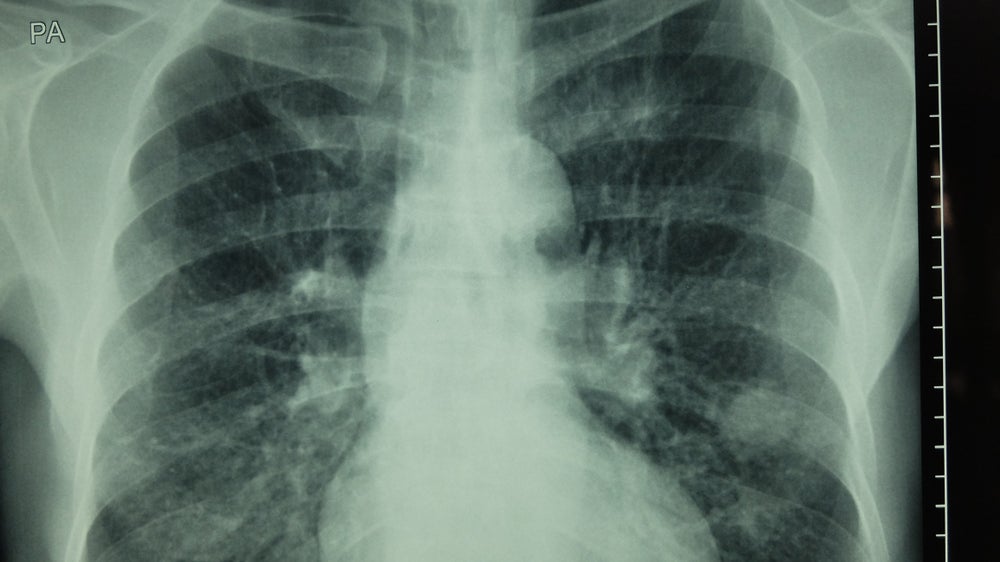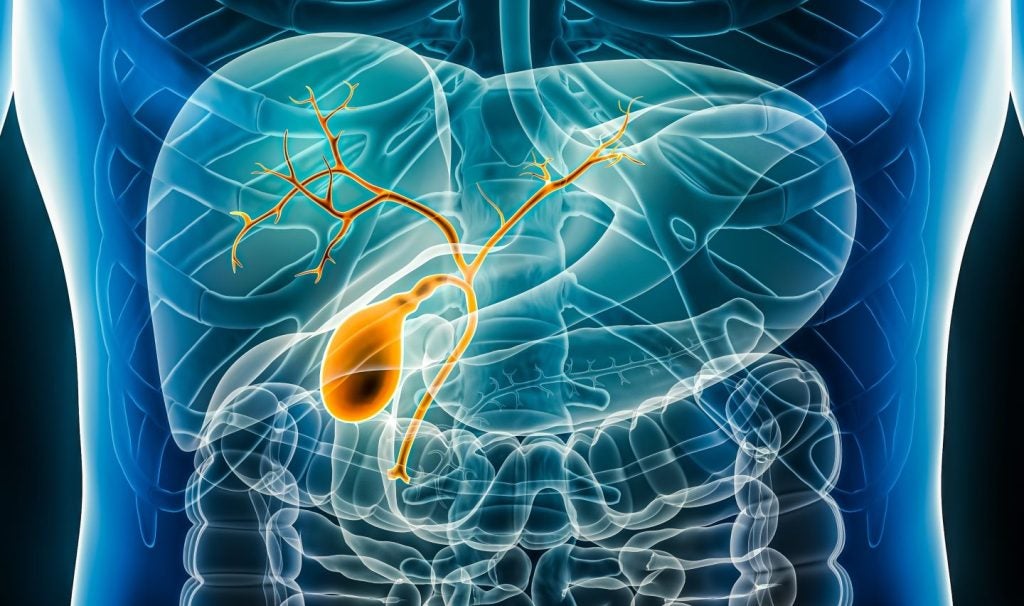Since the disappointment of the Phase III MYSTIC trial failure earlier this year, AstraZeneca has redirected its efforts in non-small cell lung cancer (NSCLC) to gaining approval in the second-line and maintenance settings. The maintenance setting, in particular, has been seen as a golden goose. With the lengthy duration of treatment (up to 12 months, compared with just 3–4 months in the second-line setting) and lack of competitors (Imfinzi will be first-in-class in this setting), AstraZeneca is relying heavily on approval in this setting to regain some of the lost revenue from its MYSTIC trial failure.
Earlier this year, AstraZeneca announced positive data from the Phase III PACIFIC trial of Imfinzi maintenance in advanced NSCLC. In this trial, Imfinzi demonstrated a progression-free survival benefit of 11 months compared with placebo, regardless of PD-L1 status. Following the release of these data, Imfinzi was pegged as a possible new standard of care (SOC) in the maintenance setting.
However, questions remained as to whether the drug could demonstrate overall survival (OS) benefit, which could argue for or against the cost of giving such an expensive drug for a prolonged period of time, and also how tolerable the drug would be during this long period of therapy, as quality of life (QoL) is becoming an increasingly important parameter in oncology.
The OS data for Imfinzi in the maintenance setting will not mature until 2018, but AstraZeneca has addressed tolerability concerns with new data from the PACIFIC trial showing that prolonged treatment with Imfinzi does not significantly impact QoL. At yesterday’s International Association for the Study of Lung Cancer (IASLC) meeting, held in Yokohama, Japan, AstraZeneca presented patient-reported outcomes with Imfinzi treatment after chemoradiation in advanced, unresectable NSCLC. The QoL data showed no significant changes over the course of Imfinzi treatment compared to baseline in the symptoms studied, which included dyspnea, cough, chest pain, fatigue, and appetite loss.
In addition, the reported rate of improvement in appetite loss was significantly higher in the Imfinzi-treated arm compared with the placebo arm. Other symptoms and function- and health-related QoL parameters measured were stable, with no significant differences between the Imfinzi and placebo arms.
Favorable QoL data from the PACIFIC trial will assuage concerns over the tolerability of long-term Imfinzi treatment, thereby removing another obstacle on Imfinzi’s path to becoming the SOC in the maintenance setting. As it stands, the eagerly-awaited OS data remain a final hurdle that will determine if Imfinzi can gain robust and widespread uptake, particularly in European markets where the cost of $145,000 a year for maintenance treatment will certainly bring a high level of scrutiny.
How well do you really know your competitors?
Access the most comprehensive Company Profiles on the market, powered by GlobalData. Save hours of research. Gain competitive edge.

Thank you!
Your download email will arrive shortly
Not ready to buy yet? Download a free sample
We are confident about the unique quality of our Company Profiles. However, we want you to make the most beneficial decision for your business, so we offer a free sample that you can download by submitting the below form
By GlobalDataRelated Reports
GlobalData (2016). PharmaPoint: Non-Small Cell Lung Cancer (NSCLC) – Global Drug Forecast and Market Analysis to 2025, November 2016, PHARMADPP52593







